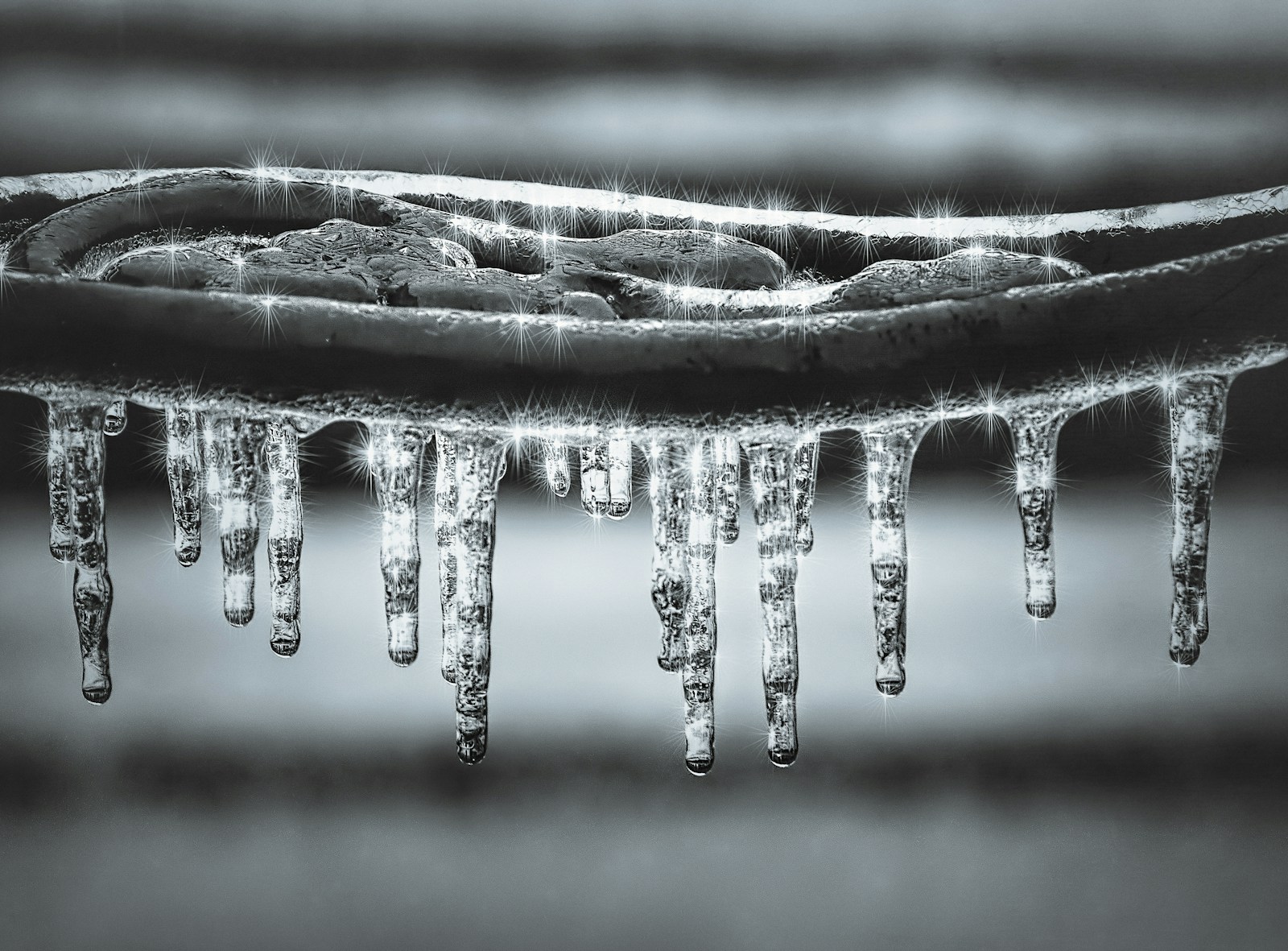
Tips to Avoid Frozen Pipes During Winter
Winter in Colorado can be harsh, with temperatures often plunging well below freezing. This can lead to a common but serious problem for homeowners: frozen pipes. When water inside pipes freezes, it expands and can cause the pipes to burst, resulting in substantial water damage.
How to Prevent Frozen Pipes
The following are some tips to help you avoid frozen pipes and prevent costly homeowners insurance claims:
- Insulate your pipes. A highly effective method to prevent pipes from freezing is to insulate them. Apply pipe insulation or heat tape to exposed pipes in unheated spaces such as basements, attics and crawl spaces.
- Seal cracks and holes. Inspect your home for cracks or holes in the walls, floors, and foundation. Seal these openings with caulk or foam insulation to prevent cold air from reaching your pipes.
- Keep your home warm. Maintain a consistent temperature inside your home, even when you’re away.
- Let faucets drip. During extremely cold weather, let faucets drip slightly. This allows water to keep moving through the pipes, reducing the risk of freezing.
- Open cabinet doors. Leave the cabinet doors under sinks open to let warm air circulate around the pipes.
- Disconnect hoses. Before the first freeze, disconnect and store garden hoses. Shut off the inside valves that supply outdoor hose bibs, and open the outside hose bibs to drain any remaining water.
Why It’s Important
Preventing frozen pipes is crucial to avoid the inconvenience and expense of repairs and prevent homeowners insurance claims. Most homeowners insurance policies financially cover water damage from burst pipes, but they often exclude damage caused by negligence. Your insurer could deny your claim if they determine you didn’t take reasonable steps to prevent your pipes from freezing. By following these prevention methods, you can protect your home and avoid the hassle and cost of dealing with water damage and insurance claims.
Learn More
Contact JJ Insurance for more risk-mitigation techniques.
This blog is intended for informational and educational use only. It is not exhaustive and should not be construed as legal advice. Please contact your insurance professional for further information.
Categories: Home Insurance
